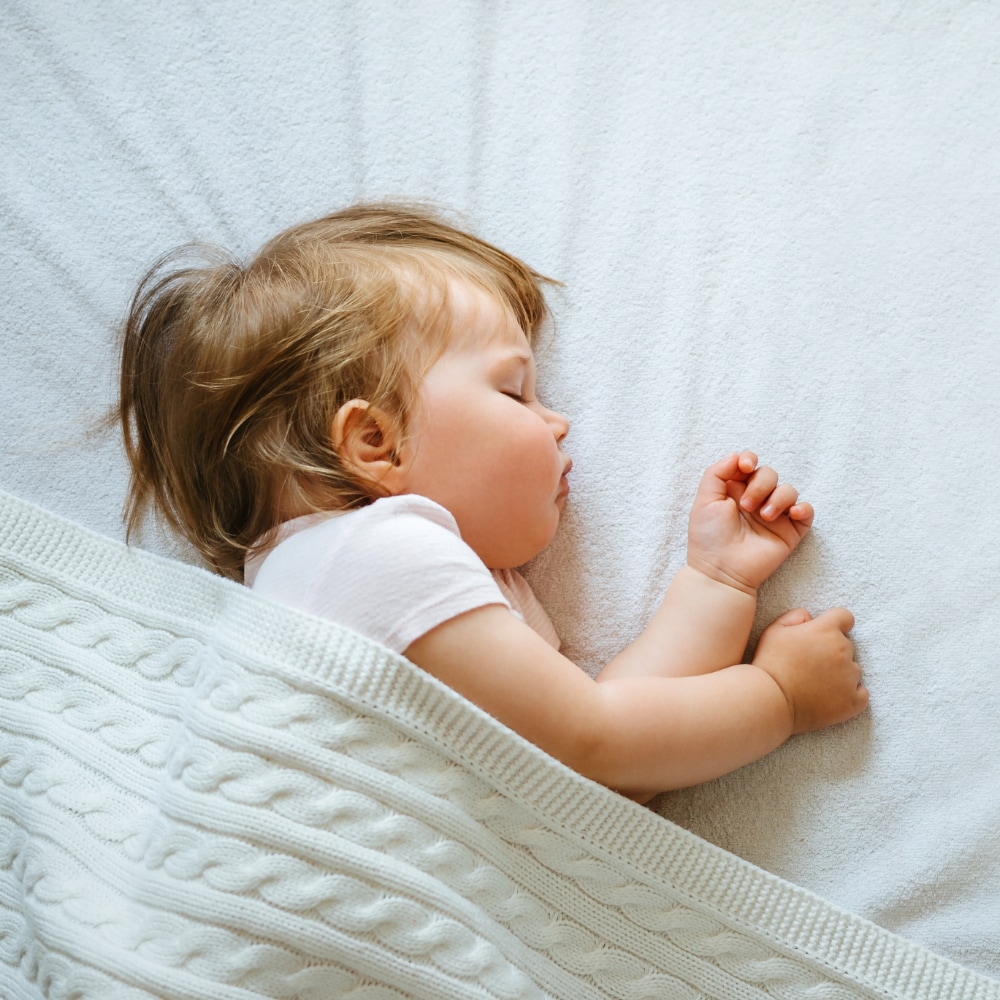As a new parent, you may be struggling to establish healthy sleep habits for your baby. However, getting proper sleep is an essential aspect of your baby’s development and your own well-being — babies need a lot of sleep to support their growth and development. Sleep helps their brains develop, and it also supports their immune system. Additionally, sleep helps babies regulate their emotions and behaviour.
Sleep training an infant helps them establish healthy sleep habits, which can benefit their physical and mental health. When babies sleep well, they are more alert, have better motor skills, and are less fussy. Additionally, sleep training can reduce the risk of Sudden Infant Death Syndrome (SIDS) and other sleep-related issues.
It’s important to note that though newborns spend most of the day sleeping, they usually need to get up every 2-3 hours — and if your baby is not sleeping properly, they will need to get up even more often. Speaking as a parent — this is a problem, and this is where infant sleep training comes in. Sleep deprivation can have a significant impact on you: it can lead to mood swings, irritability, and difficulty concentrating. Additionally, it can affect your physical health, leading to a weakened immune system and increased risk of accidents. Even more importantly for us selfless parents out there, how are you expected to be the best parent you can be if you’re sleep deprived?

When it comes to sleep training an infant, even just the phrase “sleep training” tends to put a bad taste in people’s mouth due to its association with the “cry it out” method. However, this method is only one of the many available methods that can be used to sleep train your child — there are many different methods and practices behind sleep training where the child does not need to cry themselves to sleep. The most important thing to do is find the right method that works for you and your baby.
Infant sleep training is simply helping your baby learn the skills to fall asleep and stay asleep for the appropriate amount of time. Certain things may work better for some that don’t work as well for others — Every baby is uniquely different. Certain babies may even have full-blown sleep disorders, so it can be more valuable (and necessary!) than you may think to consult a sleep specialist like myself.
Signs of sleep disorders in infants include snoring, gasping, and difficulty breathing. Additionally, if your baby is consistently waking up very often during the night, it may be a sign of a sleep disorder. In cases like these, your baby’s sleep problems will actively affect their health and development, and it is absolutely essential to see a professional.
Establishing healthy sleep habits for your newborn takes time and patience:
Establishing a consistent bedtime routine can help your baby prepare for sleep. This can include a bath, a story, and a lullaby.
Consistency is crucial when it comes to sleep training. Stick to a routine, and don’t give up if it doesn’t work right away.
Sleep training can be challenging, but it’s essential to be patient and persistent. Remember that it takes time for your baby to adjust to new sleep habits.
"*" indicates required fields
Copyright ©2024 Our Littlies • Child, Baby and Infant Sleep Consultant • Our Website is managed by Optimised Marketing • Privacy Policy • Find Us Online